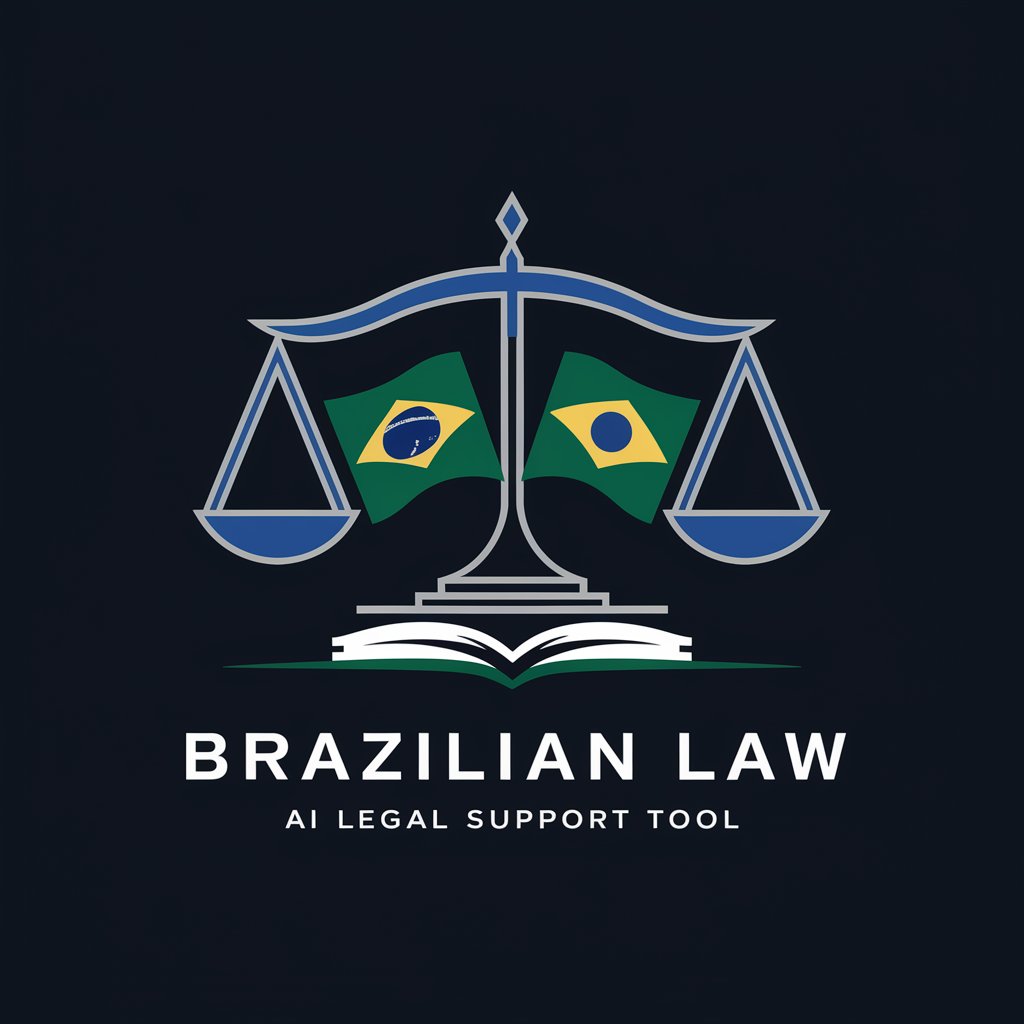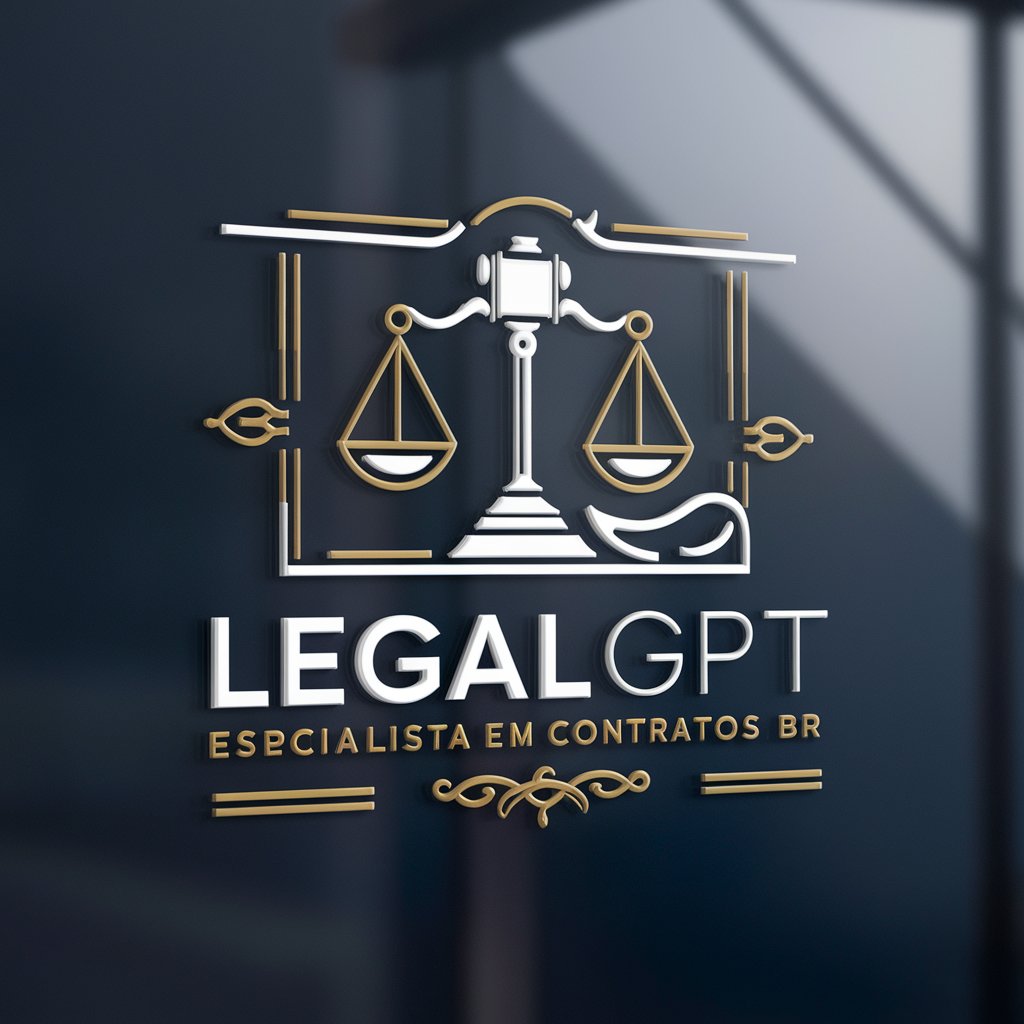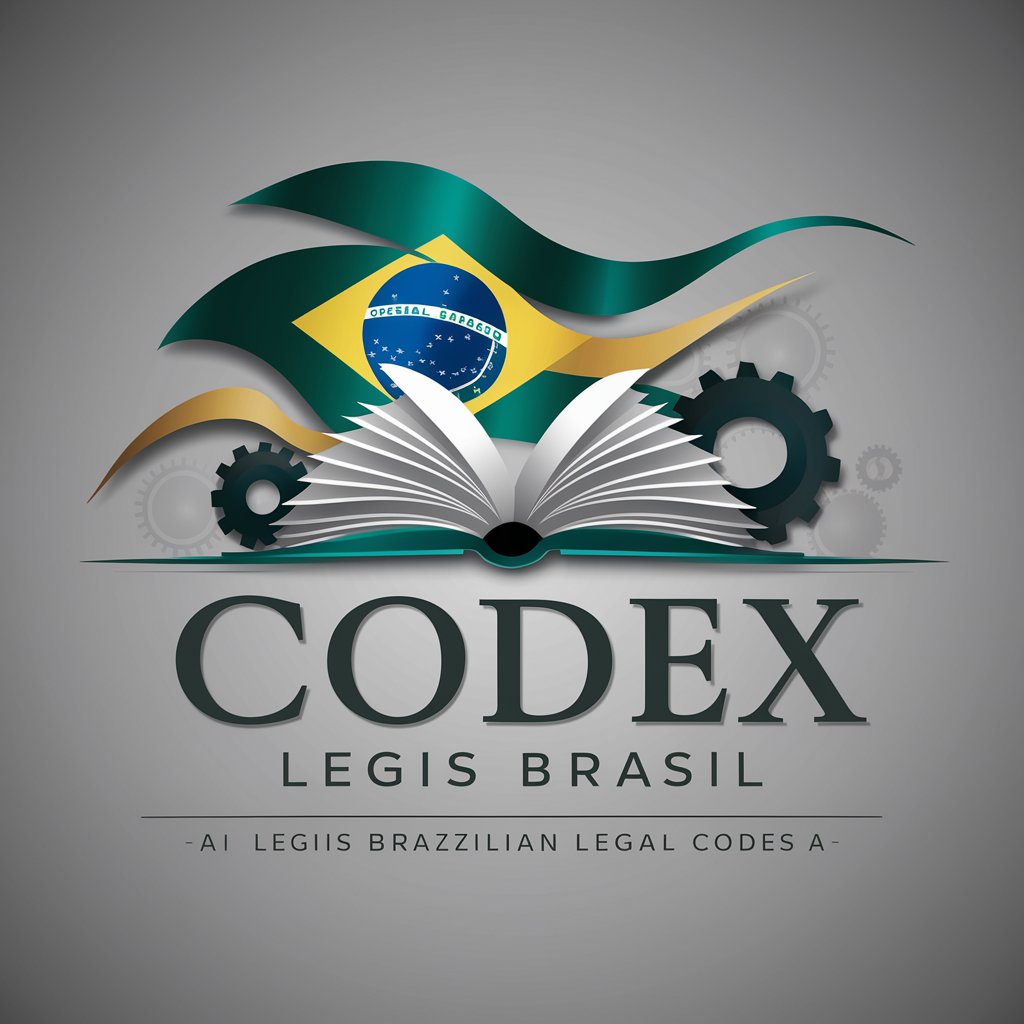
Legal - Legal Guidance Online
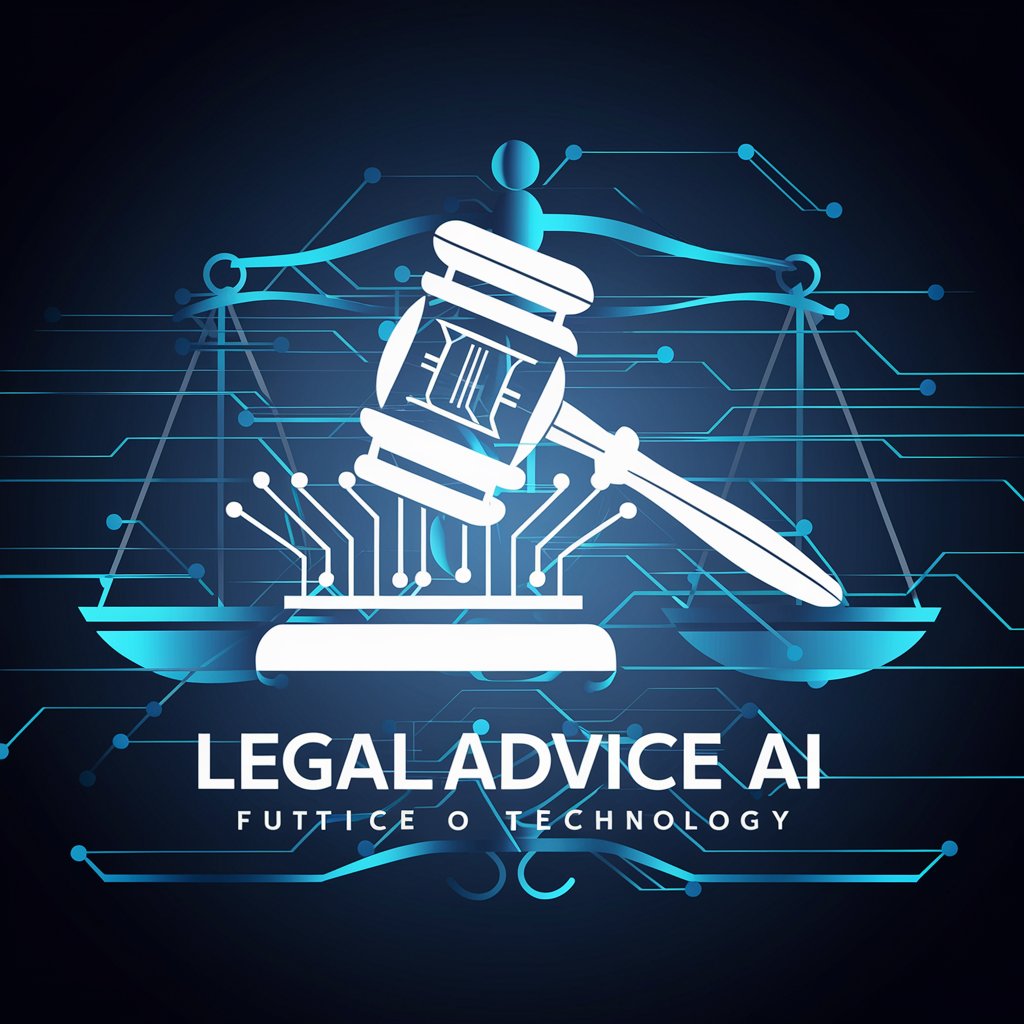
Hello! How can I assist you with your legal questions today?
Empowering legal insight with AI
Can you explain the legal implications of...
What are my rights if...
How do I go about filing...
Is it legal to...
Get Embed Code
Introduction to Legal GPT
Legal GPT is a specialized version of ChatGPT designed to assist users with legal questions, offering information on legal rights, and guidance on various legal matters. Its design purpose is to provide accessible, initial legal guidance and to help users understand complex legal concepts in a simpler manner. Legal GPT is equipped to handle a wide range of legal queries, from the basics of contract law to more nuanced discussions on intellectual property rights, employment law, and beyond. For example, if a user is curious about the process of filing a patent, Legal GPT can outline the general steps involved, potential hurdles, and suggest resources for further assistance. Similarly, if a user has questions about tenant rights in a rental dispute, Legal GPT can offer insights into common legal principles governing tenant-landlord relationships and recommend steps to address the issue. Powered by ChatGPT-4o。

Main Functions of Legal GPT
Legal Information Provision
Example
Explaining copyright laws to an aspiring author
Scenario
A user is unsure about how copyright laws protect their newly written novel. Legal GPT can provide an overview of copyright law, how it applies to written works, and steps the author can take to ensure their work is protected.
Guidance on Legal Procedures
Example
Navigating small claims court procedures
Scenario
A user needs to understand the process for filing a claim in small claims court. Legal GPT can explain the filing requirements, the kinds of disputes that can be handled in small claims court, and prepare the user for what to expect during the process.
Legal Rights Education
Example
Advising on consumer rights in case of defective products
Scenario
When a user purchases a product that turns out to be defective, they might be unaware of their legal rights. Legal GPT can inform them about consumer protection laws, the process for returning defective products, and how to seek a refund or replacement.
Resource Direction
Example
Directing to legal aid services for low-income individuals
Scenario
A user may need legal representation but lacks the financial resources. Legal GPT can provide information on legal aid organizations, pro bono services, and other resources available to individuals seeking legal assistance without the means to afford it.
Ideal Users of Legal GPT Services
General Public
Individuals seeking basic legal information or guidance on common legal issues, such as understanding contracts, navigating landlord-tenant disputes, or learning about personal legal rights. These users benefit from having a readily accessible source of legal information to make informed decisions.
Students and Educators
Students studying law or related fields, as well as educators teaching legal concepts, can use Legal GPT as a supplementary resource to explore legal topics, understand complex legal principles, and enhance their learning or teaching experience.
Small Business Owners
Small business owners often face legal questions related to their operations, from employment law issues to contract management. Legal GPT can provide them with initial guidance and resources to help navigate these challenges.
Legal Professionals
While Legal GPT is not a substitute for professional legal advice, legal professionals may use it as a tool for quick reference, to get a general overview of unfamiliar legal areas, or to identify resources and precedents.

How to Use Legal: A Step-by-Step Guide
1
Start by visiting yeschat.ai to access a free trial of Legal without the need for a login or ChatGPT Plus subscription.
2
Identify the legal question or issue you need assistance with to ensure your query is clear and concise.
3
Type your question into the provided chat interface, utilizing specific details related to your legal concern for a more accurate response.
4
Review the provided information and use the option to ask follow-up questions for further clarification on your initial query.
5
For complex legal issues, consider the advice as a starting point and consult with a professional lawyer for personalized legal guidance.
Try other advanced and practical GPTs
Artificial Legal Intelligence
Your AI-powered legal navigator.
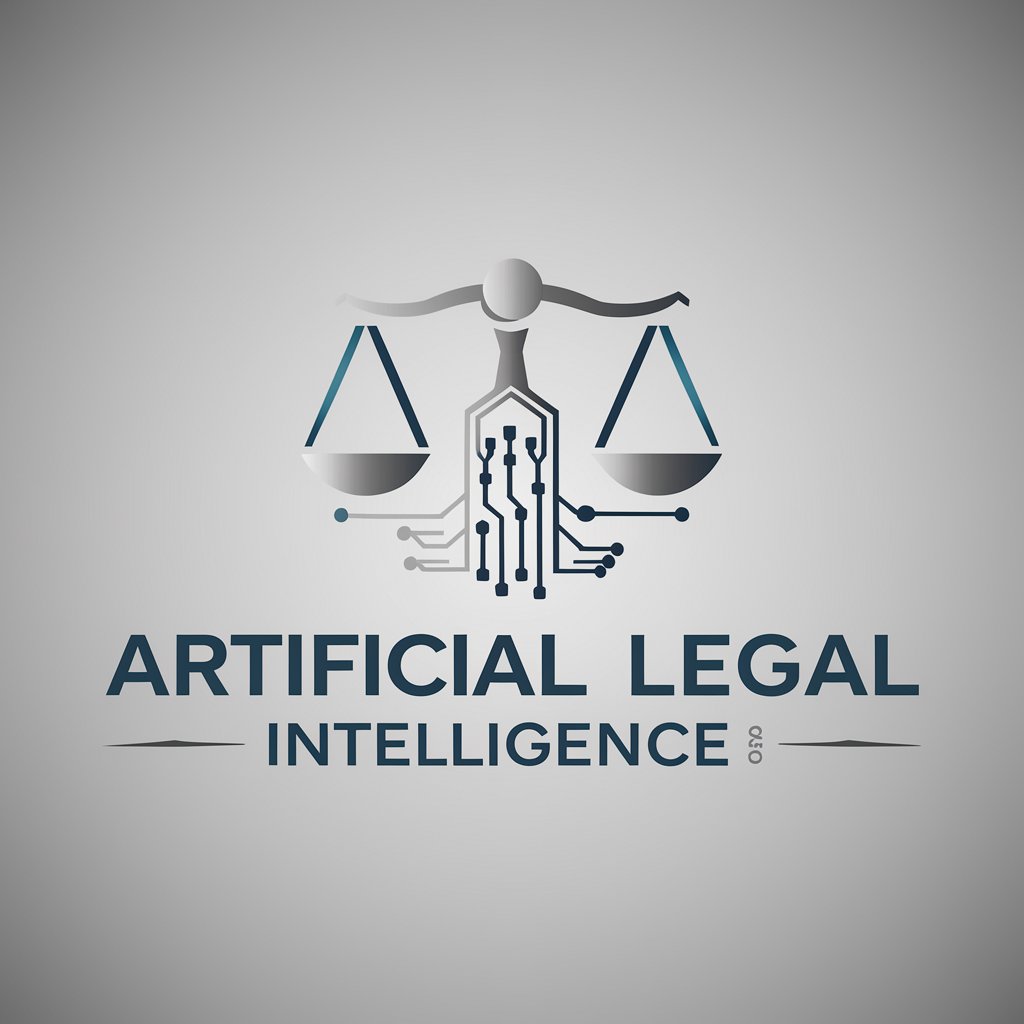
"Garyaqaan - Lawyer"
Empowering legal decisions with AI.
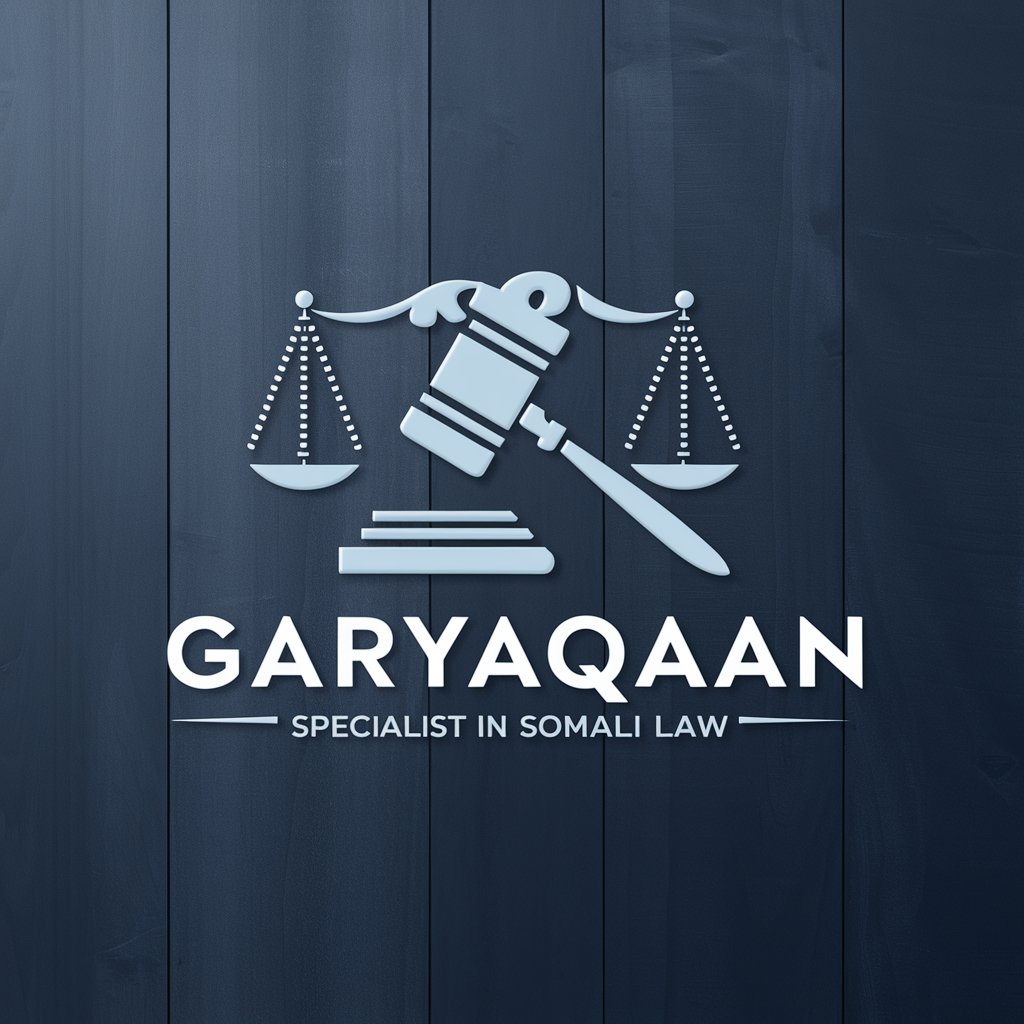
"Lawyer"
Empowering Legal Decisions with AI
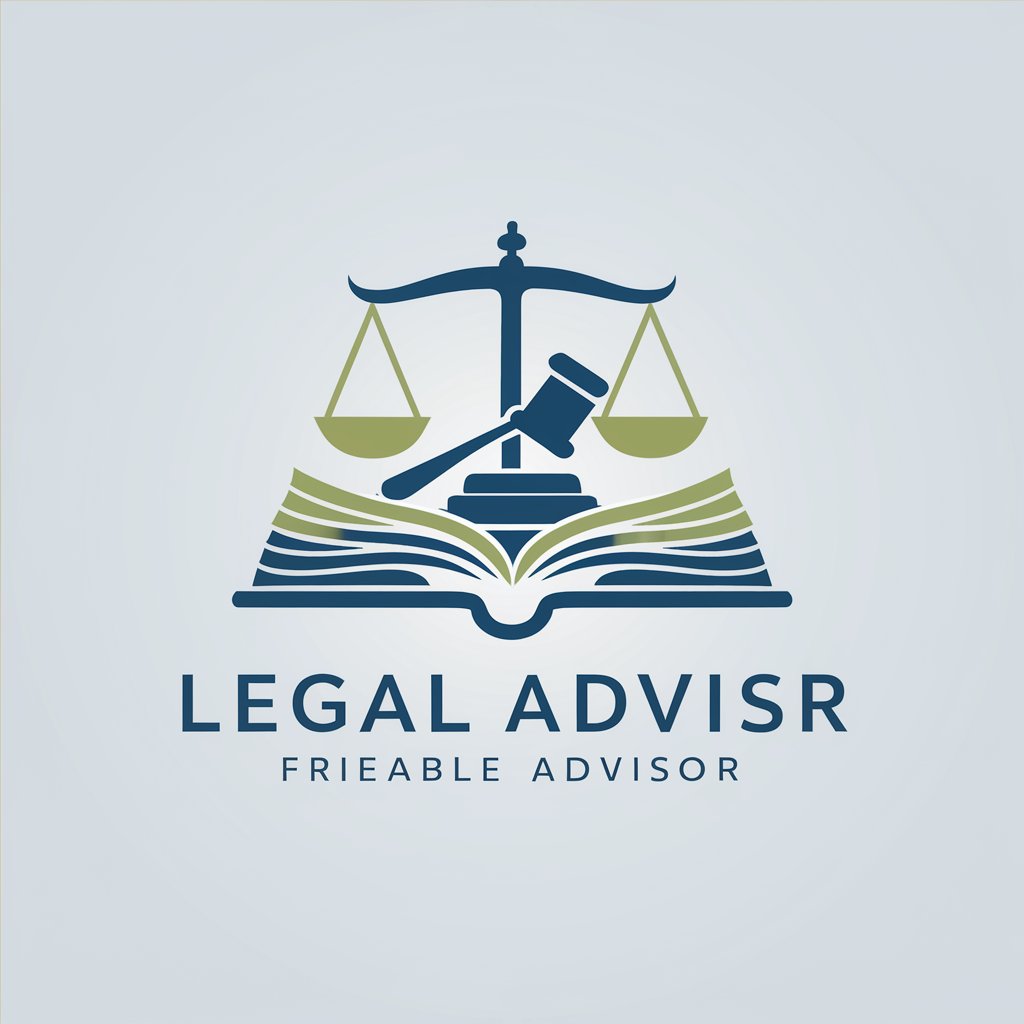
AI & Law Expert
Legal Insights at Your Fingertips
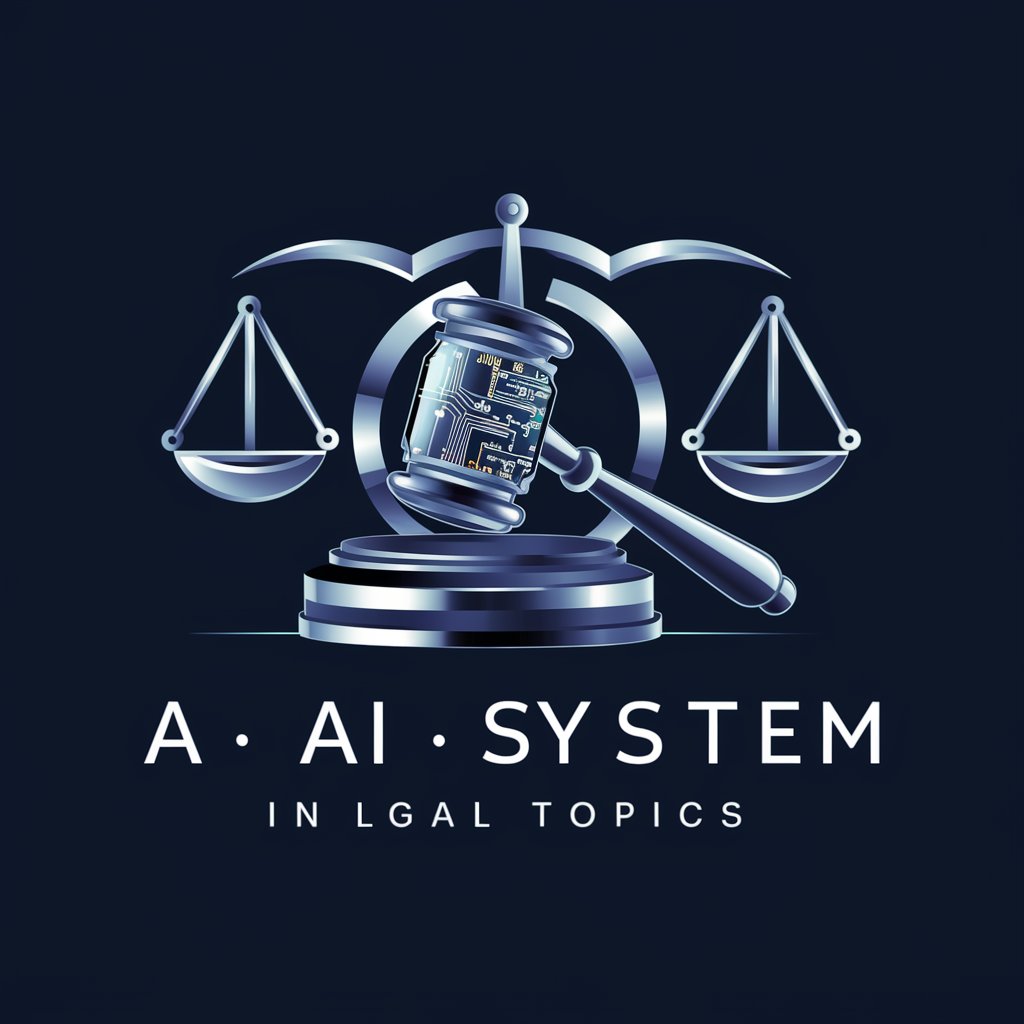
Legal AI Tutor
Empowering Legal Minds with AI
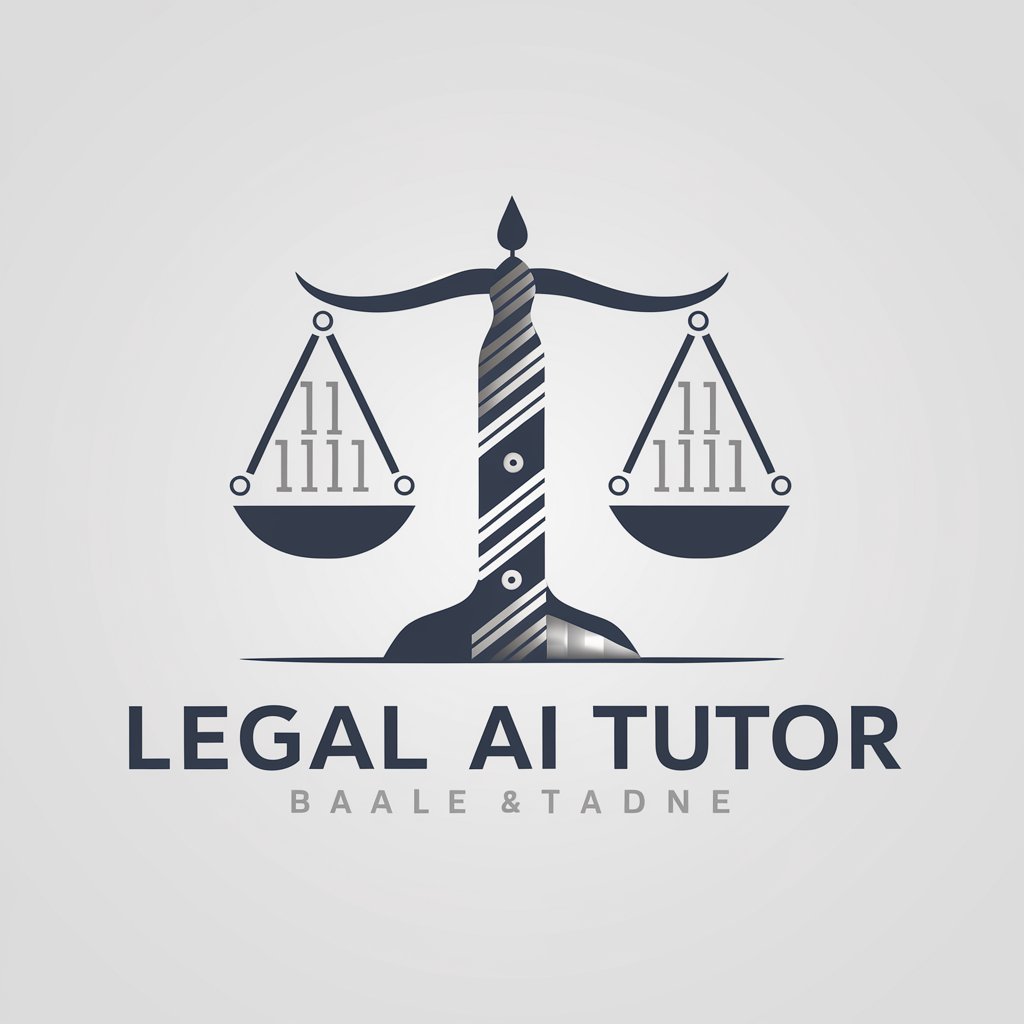
Law Assistant
AI-powered Legal Guidance
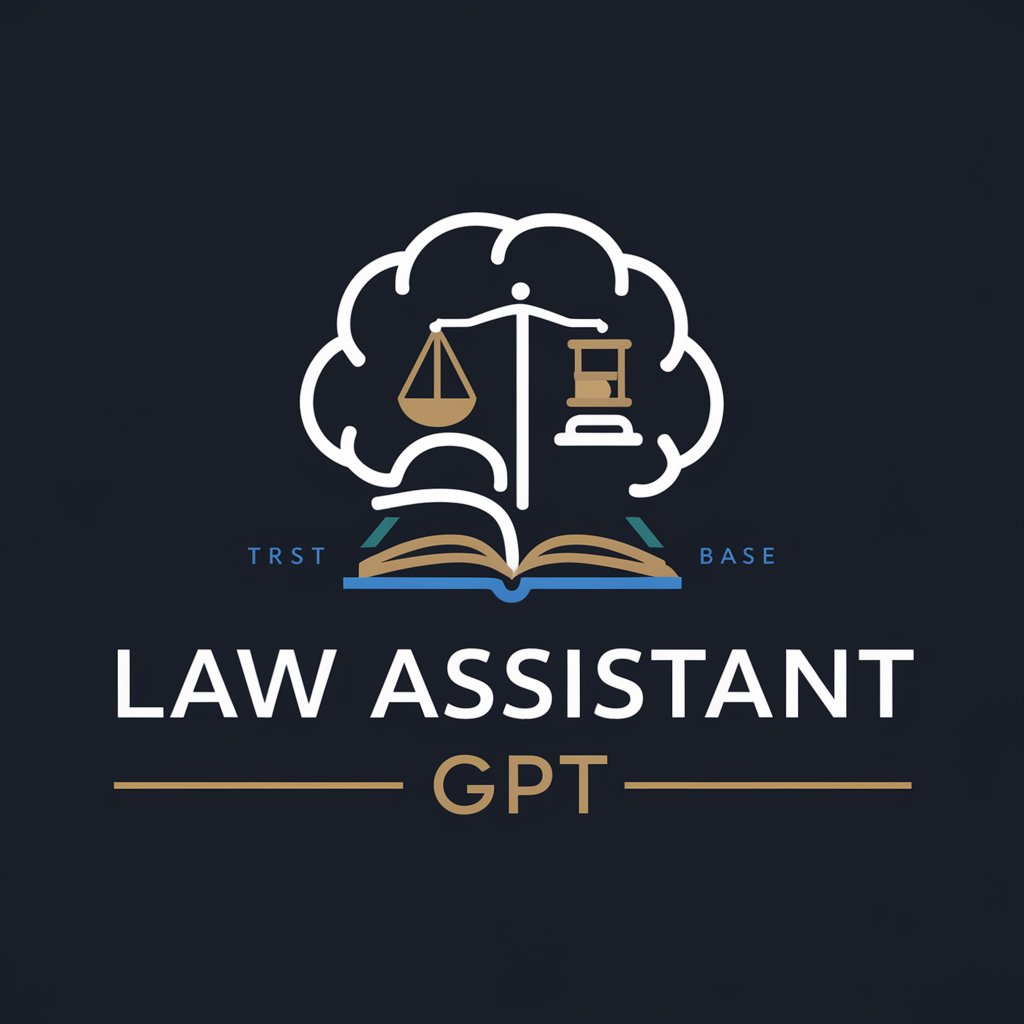
Browning Law - Legal Content Expert
Empowering Legal Content with AI
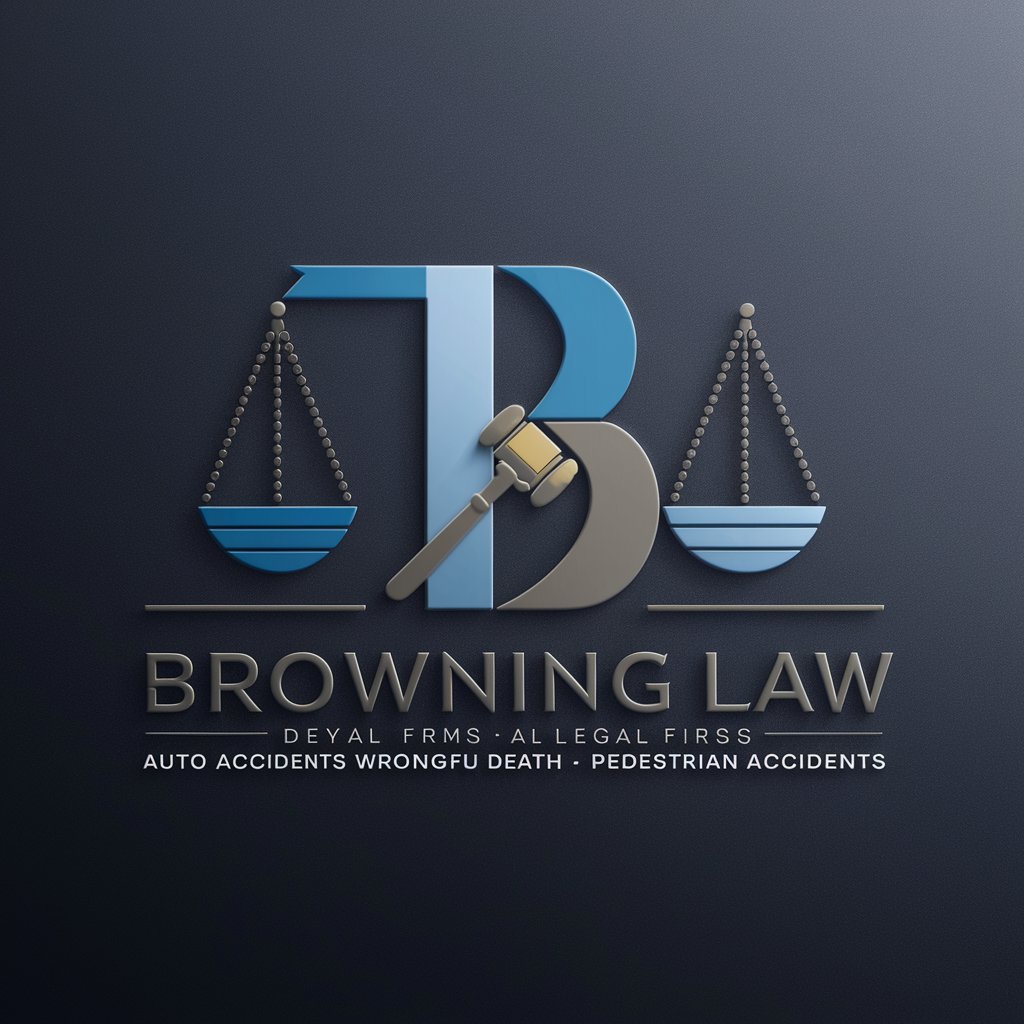
Legal Contract
Streamlining Contract Creation with AI
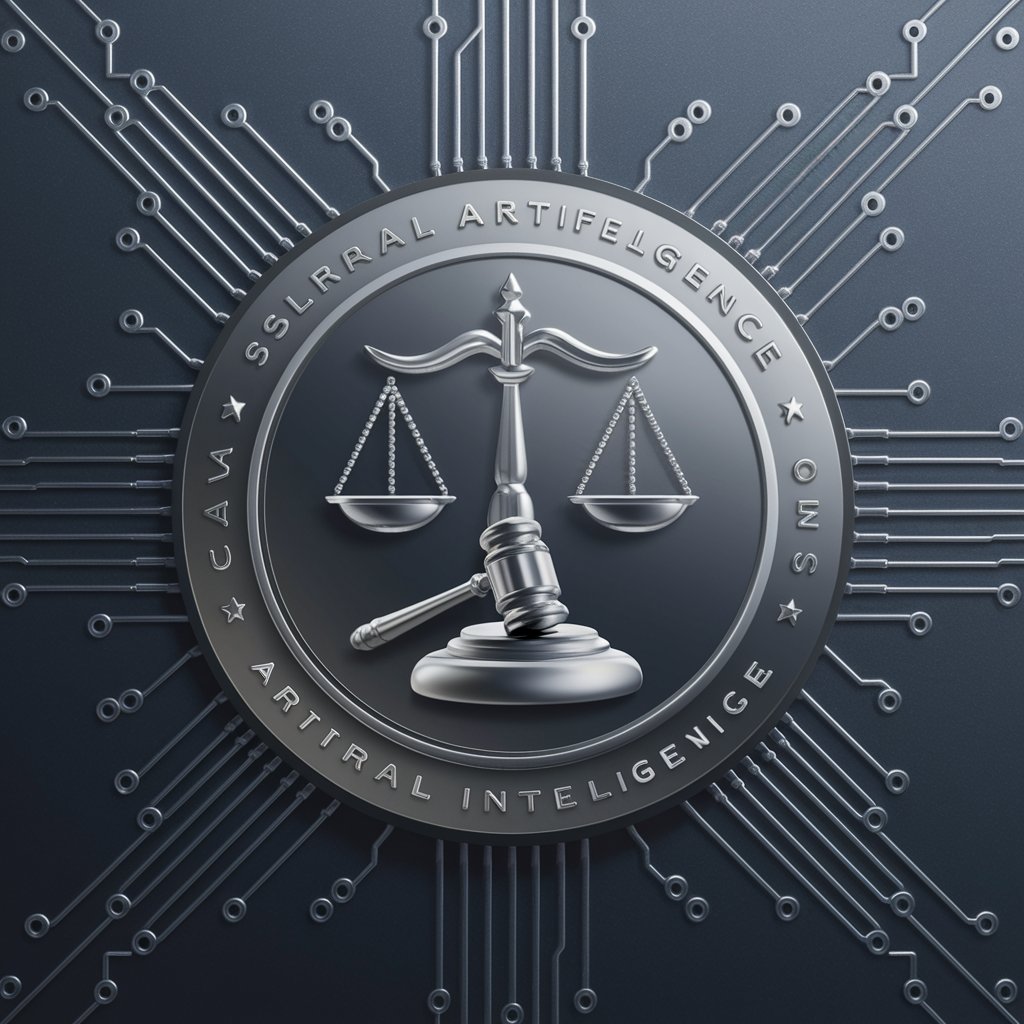
Legal Contracts
Simplifying Legal Documents with AI
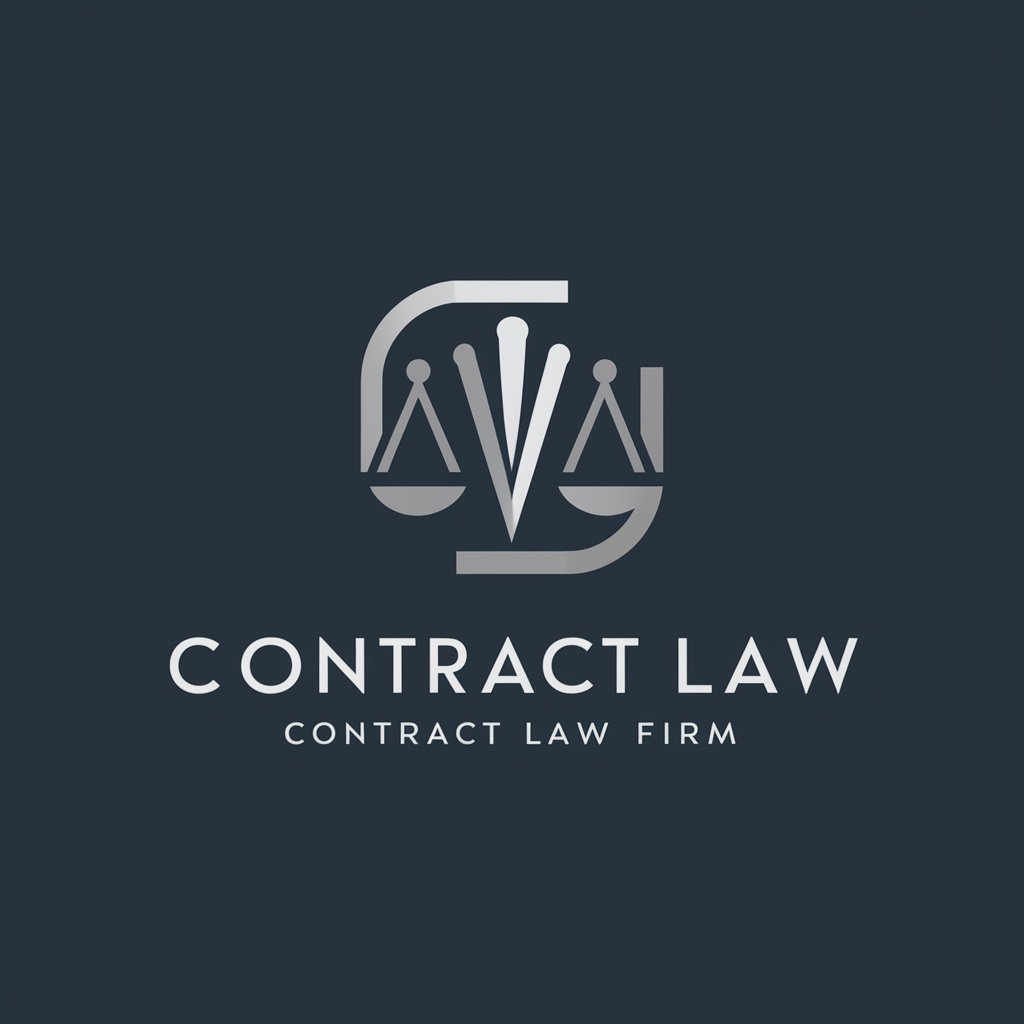
Lombera Law GPT
Empowering legal professionals with AI-driven insights
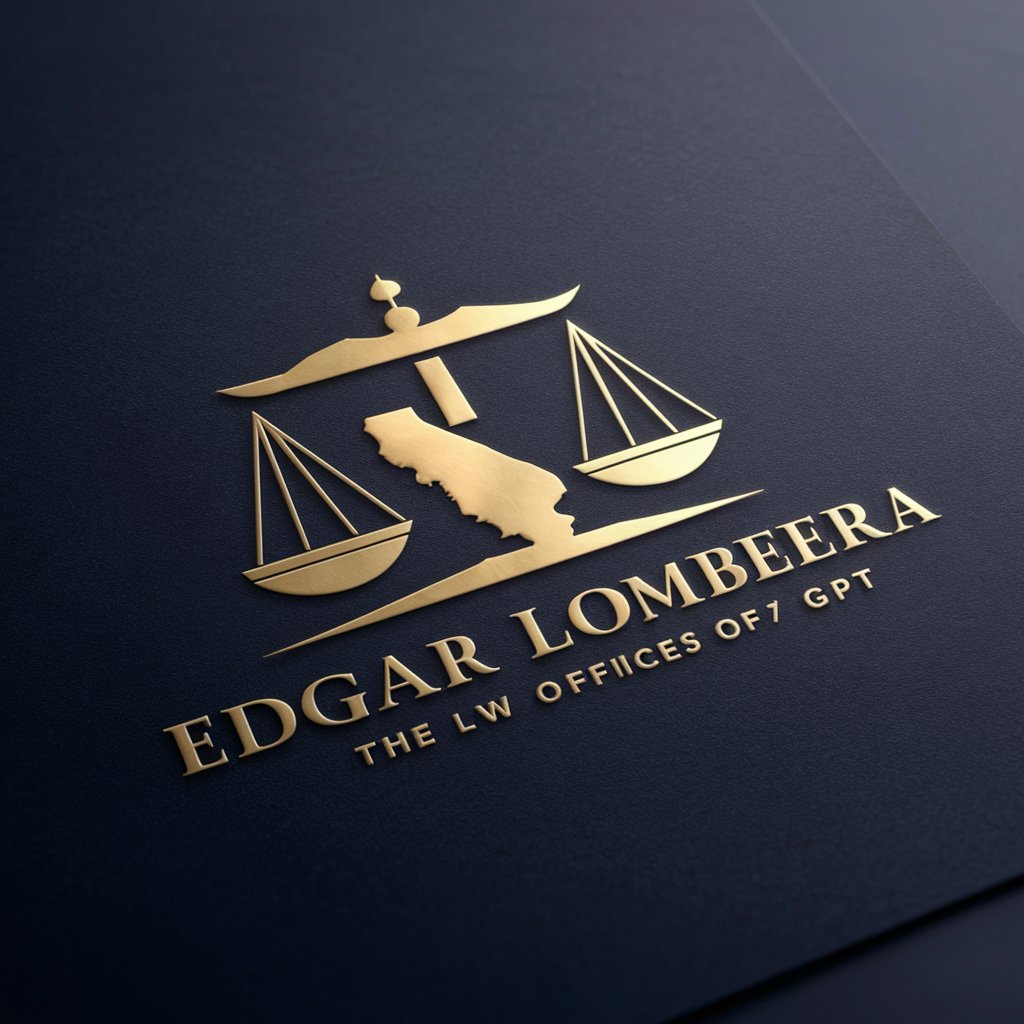
California Law
Navigating California Law with AI-Powered Precision
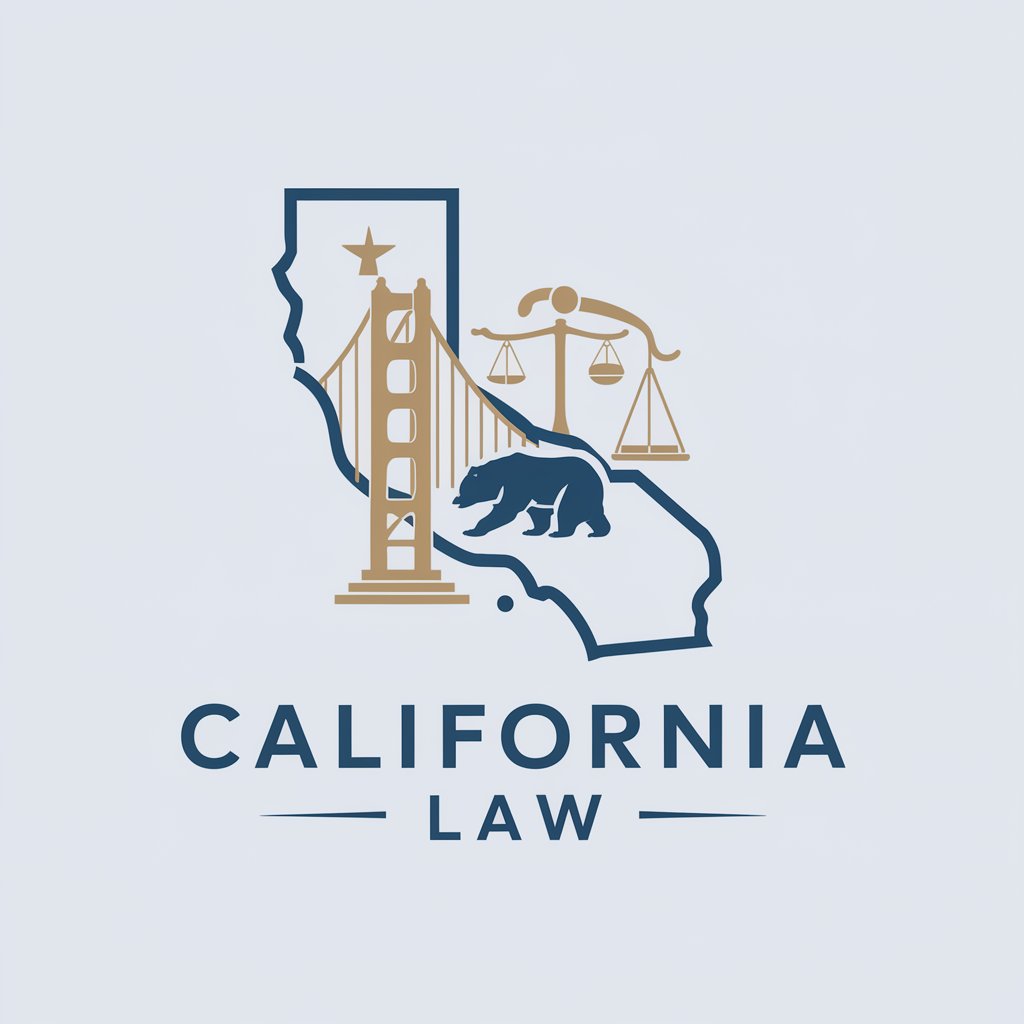
WebsiteGPT
Build Smart Websites with AI

Frequently Asked Questions about Legal
What types of legal questions can I ask?
You can inquire about a wide range of legal topics, including but not limited to, contract law, property rights, family law, employment regulations, and intellectual property. Legal provides general guidance and information.
Is Legal a substitute for a lawyer?
No, Legal is designed to offer general legal information and assistance. It's not a substitute for professional legal advice or representation. For specific legal issues, it's crucial to consult a licensed attorney.
How does Legal stay up-to-date with current laws?
Legal utilizes a comprehensive database of legal information and updates to ensure the advice provided is based on current legal standards and practices. However, laws change frequently, and it's advisable to verify the currentness of the information.
Can Legal help me draft legal documents?
Legal can provide templates and guidance on drafting basic legal documents. However, for documents requiring precision and legal validity, consulting with a legal professional is recommended.
Is the advice provided by Legal confidential?
While interactions with Legal are designed to respect user privacy, it's important to note that absolute confidentiality akin to attorney-client privilege may not be guaranteed in this digital format. Sensitive matters should be discussed directly with a lawyer.
